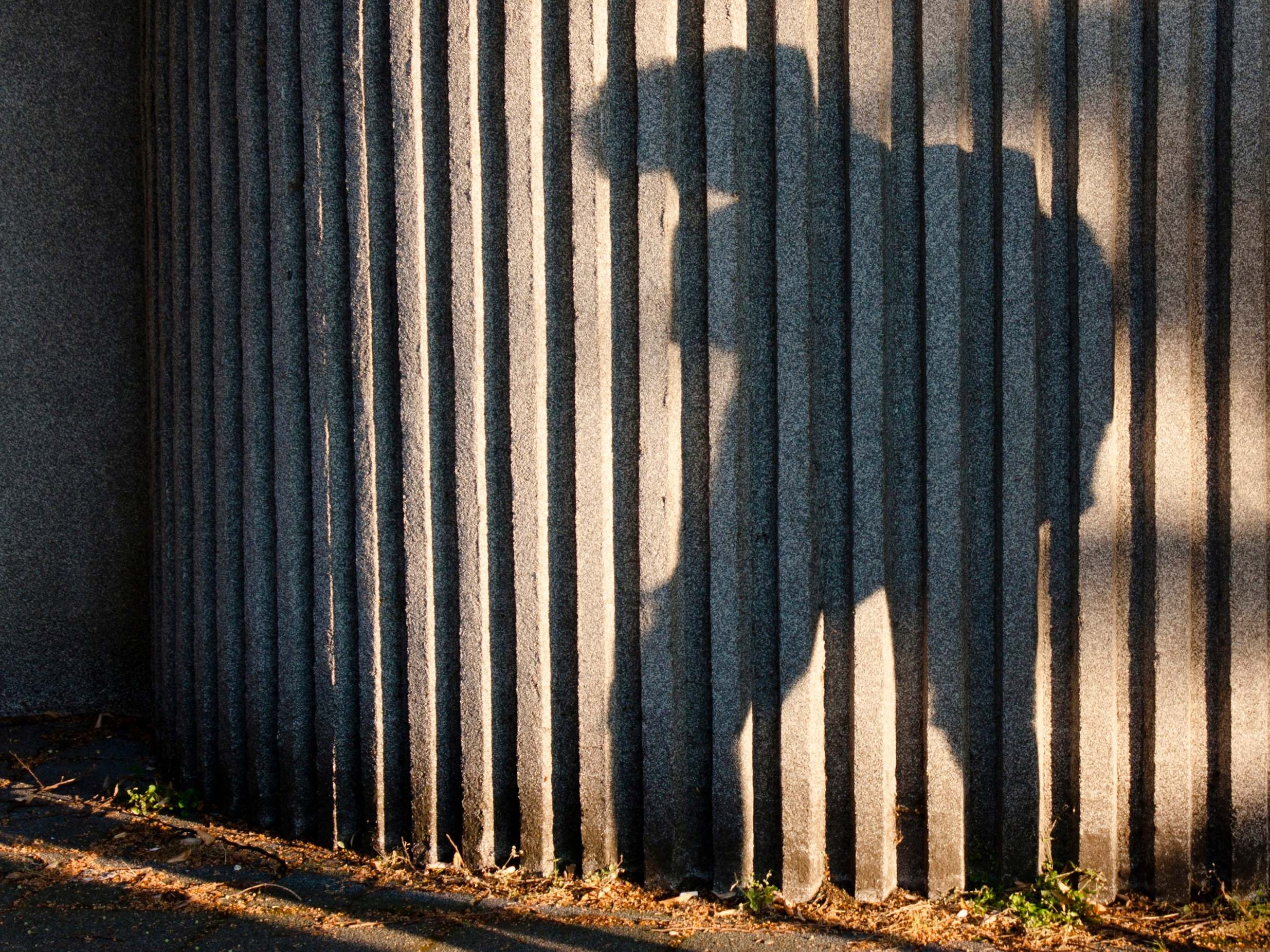Survivors demand action on ‘epidemic’ of child sexual abuse affecting millions in UK
Exclusive: Inquiry evidence suggests that official estimate that 7.5% of adults were sexually abused as children is ‘tip of the iceberg’

Child sexual abuse is an “epidemic” affecting millions of people in the UK, survivors have said.
Patrick Sandford, who was abused by a schoolteacher at the age of nine, said society needed to “get real and wise up” about the scale of the issue.
“It’s an epidemic,” he told The Independent. “We are talking of millions of people walking around and trying to live with this.”
Another survivor, Ruby Joseph, said authorities needed to stop “burying their heads in the sand and pretending it’s not happening”.
“I don’t know how we can call ourselves civilised when so many of our children are being raped and we look the other way,” she added. “It’s going on all the time and it has got to stop.”
They are among the survivors giving evidence to the Independent Inquiry into Child Sexual Abuse (IICSA).
Its Truth Project has been gathering anonymous accounts from victims for six years, and is appealing for more people to come forward before it closes later this year.
The evidence will be used in a report looking at the patterns of abuse, and failures by public institutions to protect children.
The Crime Survey for England and Wales estimates that 7.5 per cent of adults aged 18 to 74 years experienced sexual abuse before the age of 16 years, representing 3.1 million people.
Dr Rebekah Eglinton, IICSA’s chief psychologist, believes the figures are the “tip of the iceberg”.
“I think the problem is horrendously larger than we let ourselves admit,” she added. “Our hope is that by giving a voice to survivors, amplifying their experiences and having these conversations, the less space perpetrators have to hide.”
Dr Eglinton said the accounts of more than 5,000 victims who have come forward so far had been “horrific”.

“We want to do better, we have to do better,” she added. “I don’t think we can claim ignorance any more about this.”
Dr Eglinton said there was an emerging pattern of abusers creating an “illusion that they are an upstanding member of the community”, and then using that status to intimidate and silence victims.
She described a “sense of blindness” around popular figures, which prevents victims from reporting crimes and can lead to them being ignored or disbelieved when they do.
IICSA was set up in 2014 as a response to the Jimmy Savile revelations, but Dr Eglinton said its research showed that sexual abuse in the UK is not merely a “historical” issue.
“We have heard the same issues are still going on for young people as people in their eighties have talked about,” she added. “It’s shocking.”
Mr Sandford, who is now 69, said the scars from child sexual abuse are “lifelong” and include damage to a survivor’s mental health and their ability to form loving relationships.
“Often it’s only later in life that people are brave enough to look at those scars and examine them,” he added.
“Those scars can be as strong for children being abused at the moment as it was for me and others abused many years ago.”

Mr Sandford said he first opened up about the abuse he suffered 20 years ago, and believed that boys and men still feared coming forward because of shame and fears they will be disbelieved, blamed or labelled as gay.
“It takes a long time to admit the truth to yourself, particularly because the person abusing you will swear you to secrecy,” he added.
Mr Sandford wrote a play, Groomed, about his experiences and said that after every performance “somebody comes up afterwards and says ‘this happens to me and I have never told anybody’”.
Ms Joseph, who is now 64, said child sexual abuse was often concealed within families where the perpetrator is the breadwinner or exerts financial control.
She was abused from a young age by her stepfather, and had an abortion arranged by her mother after becoming pregnant at 13.
Ms Joseph said victims past and present “need justice”, adding: “It is going on now but you’re not going to know when it’s happening because the children are silenced by the perpetrators.
“By the time it gets reported it’s historical but that doesn’t mean you don’t do anything about it; it ruins lives.”
She wrote a letter to Boris Johnson following his 2019 remarks over public money being “spaffed up a wall on some investigation into historic child abuse”.

“These historical cases have accumulated because no one wanted to do something about it,” Ms Joseph said.
“You’re not going to stop it if you don’t want to know about it. People facilitate it by doing nothing.”
Mr Sandford said “huge resources” should be put into investigating the causes of child sex abuse so it can be prevented.
“We need to understand why people abuse children and do something about it,” he added.
Dr Eglinton said members of the IICSA hoped that its findings would ultimately help prevent abuse and encourage more victims to seek justice.
“It’s really, really difficult to face up to the reality of the extent of child sexual abuse in the country,” she added.
“Our hope is the more we talk about this issue, the more it destigmatizes it so people can say ‘actually yes, that happened to me’.”
People can take part in the Truth Project by phone, video call or in writing. Those who want to share their experiences via telephone or video call are asked to get in touch by 31 July, while written accounts will be welcomed until the end of October.
All participants are offered a dedicated support worker to answer any questions or concerns they might have, help them to prepare and give support afterwards.



Bookmark popover
Removed from bookmarks